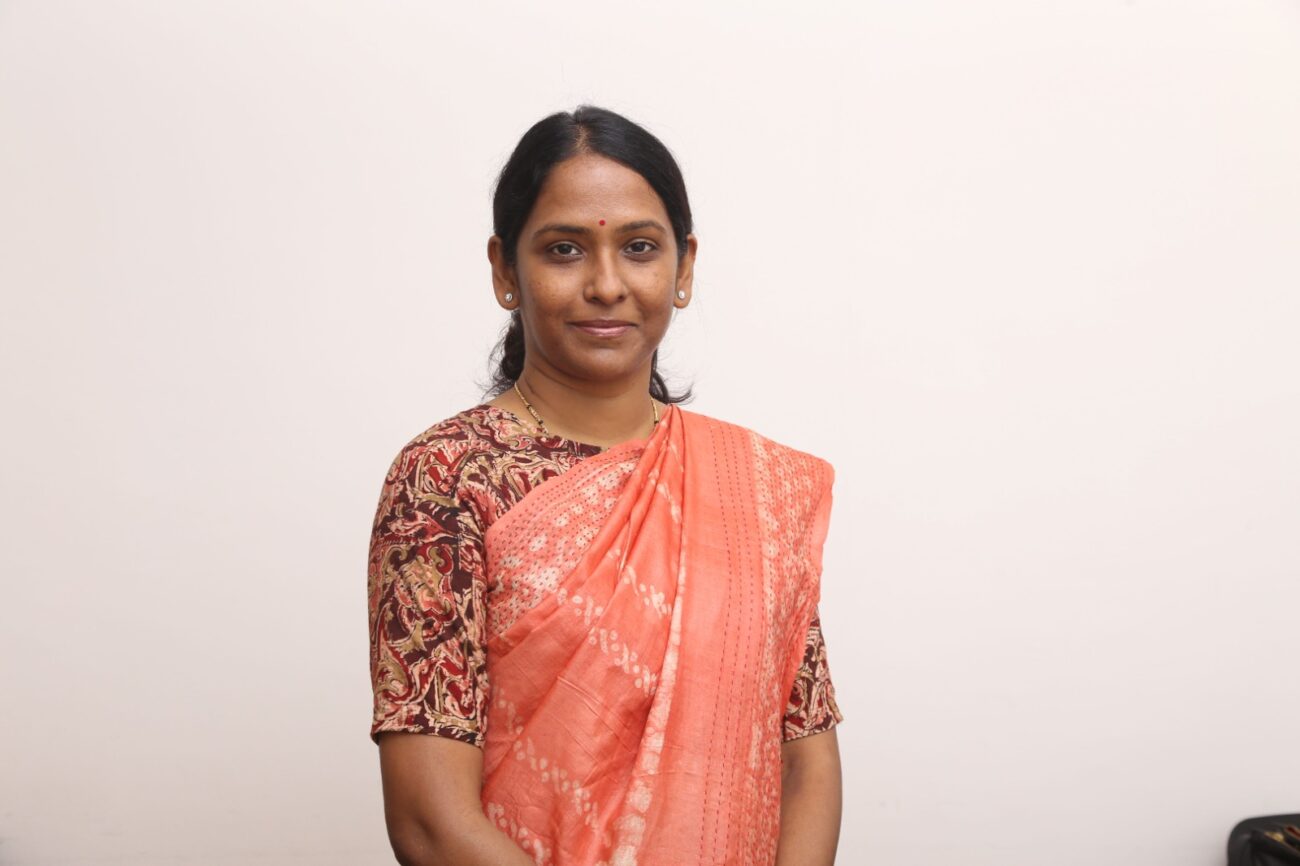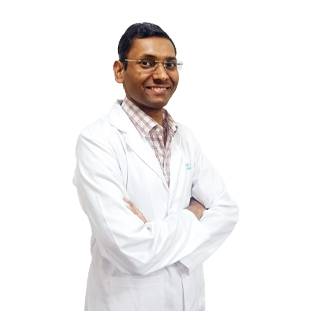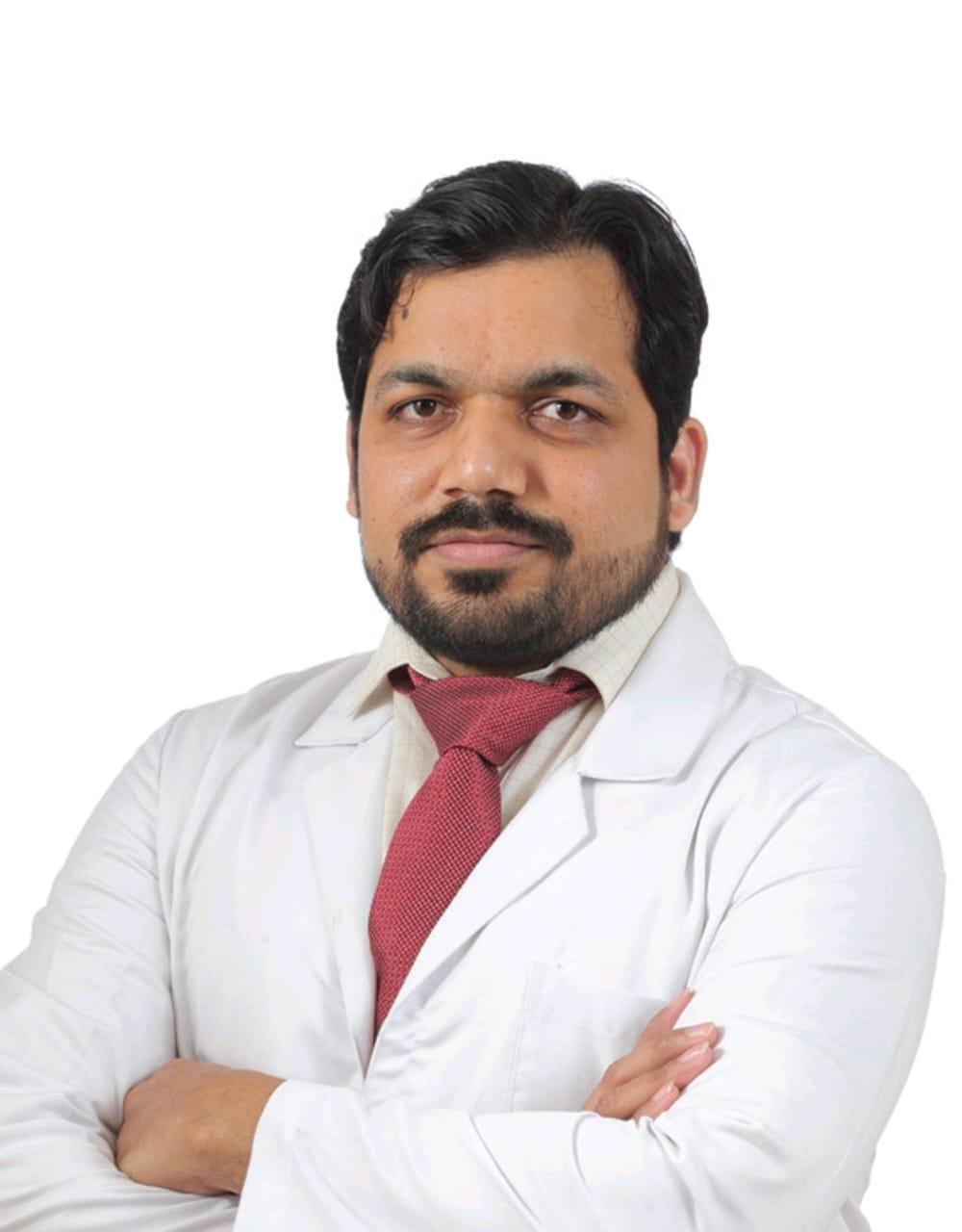Advances in treatments Revolutionize Cancer Therapy- by Dr. Deepanjali Adulkar, Consultant Radiation Oncologist from HCG Khubchandani Hospital
'Cancer' the word itself sends a chill through the spine of many. The fear of cancer is major because of the lack of awareness & appropriate facilities, inadequate guidance, financial burden along emotional and physical

‘Cancer‘ the word itself sends a chill through the spine of many. The fear of cancer is major because of the lack of awareness & appropriate facilities, inadequate guidance, financial burden along emotional and physical stress to the diseased as well as to the family. However, a lot of advancements have occurred in the field of oncology over the last decade which has given hope for better treatments, improved outcomes, and good quality of life for cancer patients.
According to GLOBOCAN 2020, around 19.3 million new cancer cases were diagnosed in the year 2020 worldwide with 9.9 million deaths reported only due to Cancer. In India, it was projected that approximately 1.3 million new cancer cases will be seen by the end of 2020 as per the Indian Cancer Registry.
As per this data, the five most common cancers in India among males are Lung, Head-neck cancers, Prostate, and Stomach which constitute 36% of all cancers, while among females it is Breast, Cervix-Ovary-Uterine, and Lung cancers which constitute 53% of all cancers. Approximately 1 in 68 males will develop lung cancer, 1 in 29 females will develop breast cancer and 1 in 9 Indians will develop Cancer during their lifetime. These numbers are alarming and hence appropriate methods for cancer awareness and cancer prevention form the first step in fighting this battle against cancer. The World Health Organization, therefore, celebrates 4th February every year as the ‘World Cancer Day’ to spread cancer awareness among the population.
Some preventable causes of cancer are avoiding consumption of alcohol, smoking, tobacco, areca nut, betel-leaf chewing, which are notorious for causing cancers at almost all sites. There is a common misconception that all cancers behave the same. However, in reality, every cancer patient is different, and it will be incorrect to compare treatments, side effects, and outcomes of one to another.
Cancer is broadly treated with 3 different modalities i.e. Surgery, Chemotherapy, and Radiation therapy either singly or in combination depending on the stage, site, and type of cancer. Surgery is a treatment-modality where the tumor is surgically removed. Various minimally invasive surgical options such as Laparoscopic, Robotic, Organ-Conservation surgeries have resulted in excellent postoperative functional and cosmetic outcomes in Cancer patients.
Chemotherapy is a systemic treatment of cancer through chemotherapeutic drugs; while the novel immunotherapy agents have a targeted approach for cancer cells resulting in a decrease in side effects while maintaining the efficacy of treatments.
Advancements in the field of Radiation Oncology over the past two decades have made focused, high-dose, precision Stereotactic radiation treatments such as SRS, SRT, SBRT,SABR possible; thus delivering high dose radiation in a short time-span to the tumor with less or similar side effects as the Long-course Conventional Radiation treatments. Also advanced techniques such as Respiratory gating help in decreasing radiation doses to normal tissues thus decreasing side effects while targeting the tumor in the treatment of organs that have increased respiratory motion.
Newer technology with new techniques and Clinical expertise in these treatments have not only increased patient outcomes with respect to improved survival rates but has also helped in improving the quality of life of cancer patients’ post-treatment and strengthening the ability to fight recurrent and metastatic diseases with great vigor.
In the present era, the aim of Cancer treatments is directed not only at improving survival but also on early recovery, minimal side effects, easy availability; helping patients spring back to their normal life post-treatments. With these types of treatment advances, new approaches to cancer prevention and screening, as well as a greater emphasis on the doctor and patient relationships, we can hope to achieve stunning gains in the near future.






